Enhance your gaming experience with our services
Get the most out of your game with professional solutions
Why is The International no longer the main tournament of the year?
The International is a legendary Dota 2 tournament that for many years was considered the pinnacle of the esports season. First held in 2011, it quickly became a symbol of scale and prestige in the world of computer games. The International became famous not only for its record-breaking prize pools but also for its incredible atmosphere, as it managed to bring together the best players from around the world.
Year after year, the tournament grew and developed into a true global esports event. Millions of fans eagerly awaited August to witness thrilling matches, unexpected strategies, and the birth of new Dota 2 legends. The International became more than just a tournament — it was a true celebration for the entire community.
However, in recent years, the situation began to change. Despite still significant prize money and a stellar lineup of participants, interest in The International has been gradually waning. The tournament, which was once the unquestioned climax of the Dota 2 year, now evokes mixed emotions among players and spectators. What led to this turn of events, and why does The International seem to be losing its status as the main tournament of the year?
Prize Pool in Dota 2 — The International
In 2024, The International's prize pool was $2.5 million — an amount that would have seemed incredibly low for a tournament of this scale just a few years ago. By comparison, in 2021, the prize pool reached a record $40 million, and in 2019 — $34.3 million. Even in 2022, when the downward trend had begun, the prize pool was still an impressive $18.9 million.
Such a dramatic decline in the prize pool is due to drastic changes in the system of its formation. Previously, a significant portion of The International's prize pool was funded by sales of the Battle Pass — an in-game pass with exclusive content, part of the proceeds of which went directly to the tournament's prize pool. This allowed the community to directly influence the size of the prize pool, creating a sense of involvement and excitement.
However, in 2023, Valve, the developer of Dota 2, abandoned this model. Instead of the traditional Battle Pass, a new system was introduced, where the proceeds from the sale of in-game items were distributed among several tournaments throughout the year. This system was intended to make prize distribution more balanced but in practice led to a significant reduction in the overall prize pool for The International.
These changes had a significant impact on the entire Dota 2 ecosystem. The reduced financial motivation for top teams could lead to a talent drain from the discipline. Media interest in The International has waned due to the decreasing sensationalism of the prize pool. Teams are forced to change their preparation strategies for the season, as success at The International no longer guarantees financial stability for the entire year.
The severing of the direct link between player purchases and The International's prize pool not only reduced the tournament's financial appeal for teams but also deprived the community of a sense of direct involvement in creating "the main event of the year." This, in turn, affected the overall interest and engagement of the audience.
What is Valve’s policy?
In recent years, it has become clear that Valve's interest in actively developing and promoting Dota 2 as an esports discipline has significantly diminished. This is evident not only in the reduction of The International's prize pool but also in several other decisions and actions by the company.
One of the most noticeable changes was the transformation of the Dota 2 qualification system for The International. Previously, there was an extensive network of DPC (Dota Pro Circuit) leagues and tournaments that allowed teams of various levels, including tier-2 teams, to earn points for qualifying for the main event of the year. This system ensured a constant influx of new talent and maintained interest in competitive Dota 2 worldwide. The DPC format included regional leagues, majors, and minors, which created a rich esports calendar.
However, in recent years, Valve has gradually reduced the number of DPC tournaments, decreasing both the number of majors and completely abandoning the minor system. As a result, opportunities for lesser-known teams have significantly decreased. Now, the path to The International has become much more difficult for teams outside the narrow circle of leaders.
The new qualification system for The International has become less transparent and more limited. Moreover, Valve's reduced activity in promoting the esports aspect of Dota 2 is also reflected in the marketing support for the game. The company has paid less attention to promoting tournaments and creating content related to The International.
Riyadh Masters Prize Pool for Dota 2
For many years, The International was considered unrivaled in terms of prize money. This flagship championship annually gathered the strongest teams from around the world.
However, in recent years, the situation has changed dramatically. A new grand tournament, Riyadh Masters, held in Saudi Arabia, has entered the esports industry. First organized in 2019, this Dota 2 championship shocked the esports community with its unprecedented prize pool.
In 2022, the tournament organizers raised the prize pool to $4 million, and in 2024, the prize pool was $5 million, surpassing The International.
Such growth is explained by the strong financial support from Saudi Arabia, which has made esports development a priority. The kingdom spares no expense in organizing Riyadh Masters, attracting the world's top teams.
Additionally, Riyadh Masters stands out for its grand scale. The tournament is held in Riyadh, Saudi Arabia's capital, at impressive venues capable of accommodating thousands of spectators. The organizers pay great attention to creating a truly spectacular and immersive atmosphere to maximize fan engagement.
It's also worth noting the high level of broadcast production. The organizers involve leading analysts, commentators, and directors to deliver esports battles with a true television scale.
For Dota 2 players and fans, Riyadh Masters has become the new epicenter of events, marking a new milestone in esports history.
Generational Shift of Players
Esports has always been known for its rapid turnover of leaders and the emergence of new talents. Just a short while ago, fans idolized superstars like Miracle, Puppey, and Ceb — veterans whose names were on the lips of every fan. However, over time, these legendary players are gradually leaving the upper echelons of professional gaming, making way for a new generation.
Miracle, who once shone with Team Liquid, was considered one of the strongest players in the world just a few years ago. His incredible mechanical skills and deep understanding of the game captivated millions of fans. However, now Miracle's career is in decline, and he appears less frequently at major tournaments.
A similar fate has befallen Puppey, the captain of Team Secret, which dominated the professional Dota 2 scene for many years. This experienced player and skilled strategist was once at the top, but age takes its toll, and the peak of his career, unfortunately, remains in the past.
Ceb, one of the heroes of Team OG's last victory at The International, has also fallen from the spotlight. Not long ago, he was at the height of his fame, but now his name rarely appears in the headlines of major tournaments.
Without a doubt, young, hungry players are stepping in, often showing equal if not greater skill. However, their names are not yet as well-known, and they lack the same media presence.
Conclusion
There is no doubt that the center of Dota 2 esports is shifting. While The International was once the undisputed number one championship, it now faces serious competition from Riyadh Masters with its more impressive prize pools. This sets new standards for the entire esports industry. Fans can expect increasingly spectacular broadcasts, more immersive match locations, and, of course, even more significant prize pools.
As for what to expect from Dota 2 International in the future, its status is likely to be maintained. However, in the battle for fan attention and wallets, this tournament may face serious competition from the rising ambitions of new tournaments. In this confrontation, The International's ability to meet the new industry standards could play a decisive role.
More to read
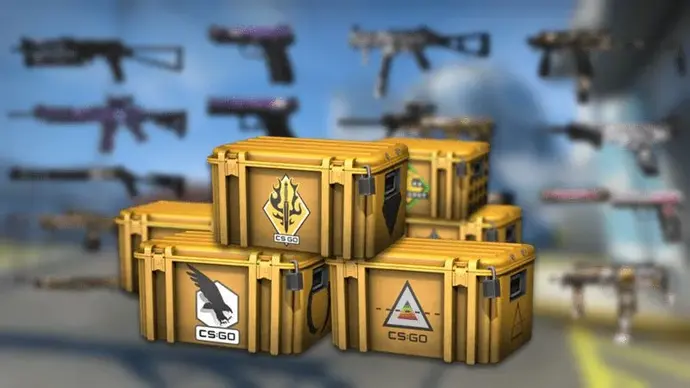
Most Expensive Cases in CS2
An overview of the most expensive CS2 cases, their prices, rare drops, and investment potential — what drives value and which cases remain promising in 2026.
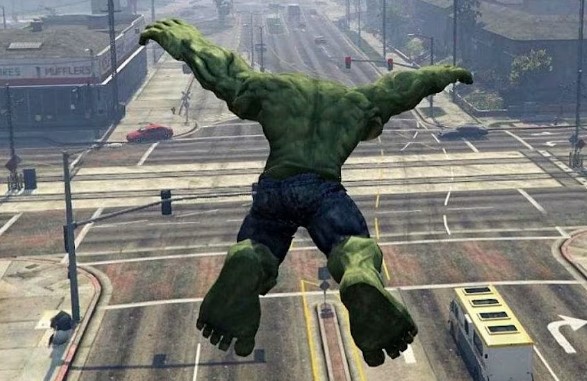
How GTA 5 Modded Accounts Work
Learn how GTA 5 modded accounts work, what benefits and risks they include, and what you should know before buying to start playing with ready-made progress safely.
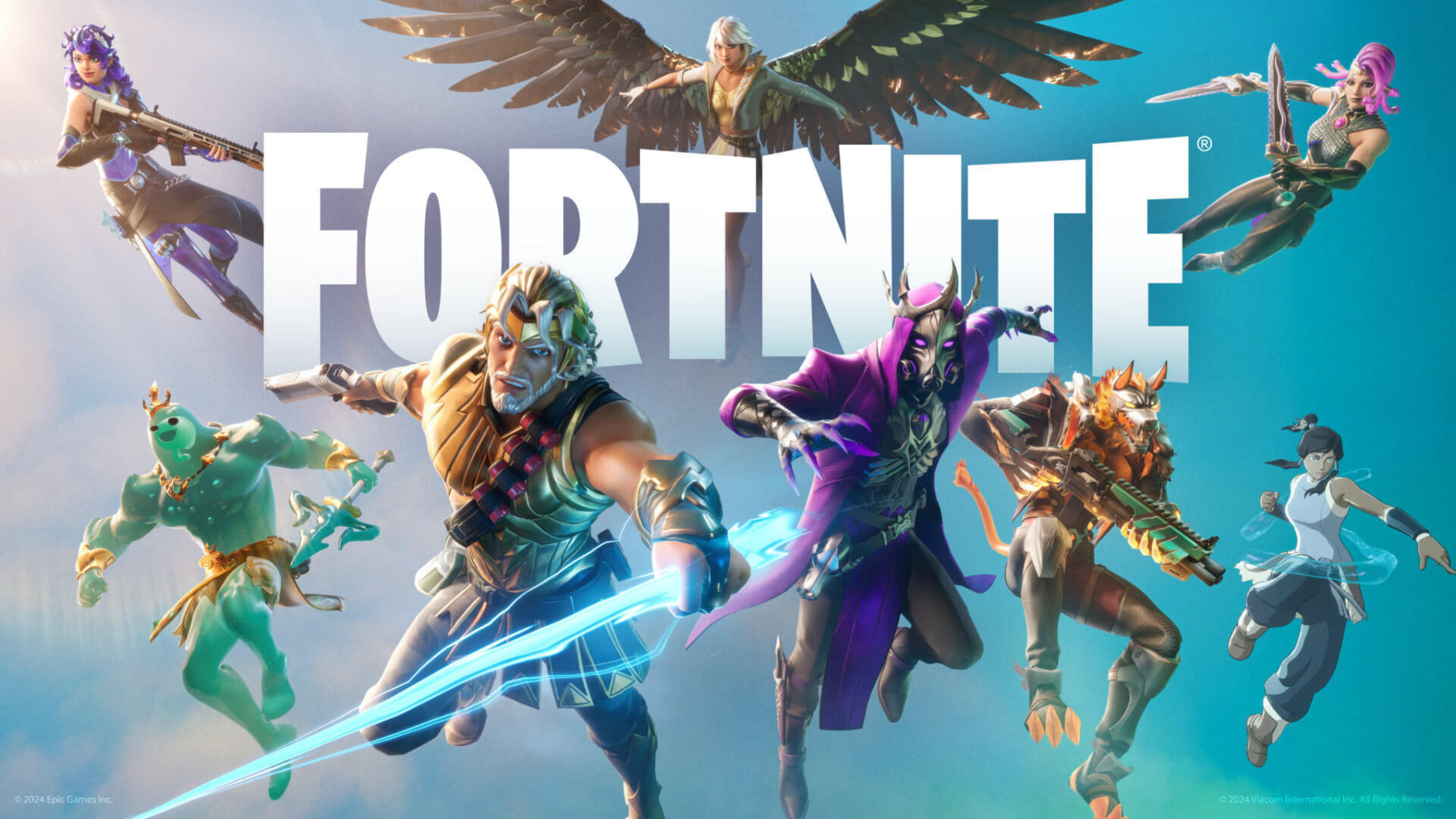
How to Get Free Fortnite Accounts (Without Getting Scammed)
How to safely get free Fortnite accounts, recognize common scam methods, and understand where real opportunities exist without risking your data or main account.
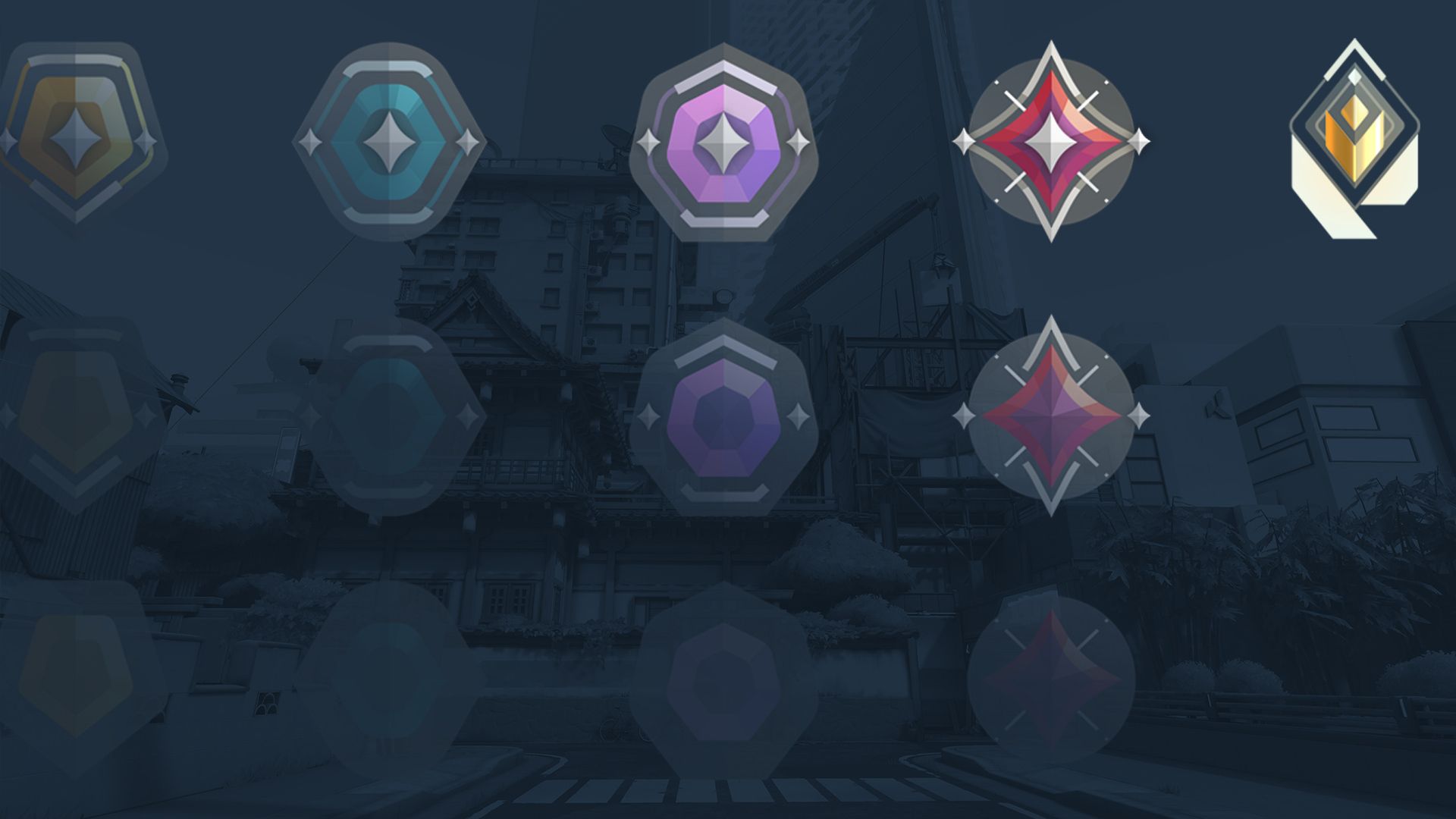

How to Rank Up in Valorant Faster
How to rank up faster in Valorant by improving core mechanics, smarter peeks, communication, game sense, and mindset — the factors that lead to consistent wins and steady ranked progress.
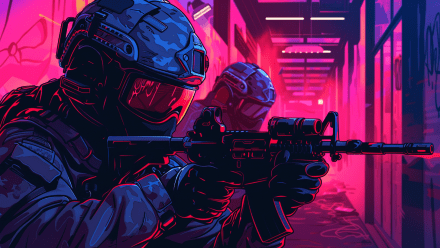
How Matchmaking Works in CS2
Learn why wins alone don’t guarantee rank ups in CS2, how hidden rating works, and what truly drives your matchmaking progress.
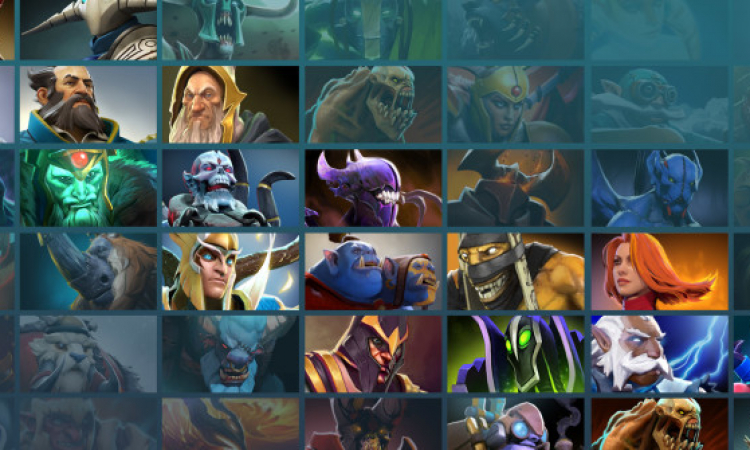
Best Solo Queue Heroes in Dota 2
Best Dota 2 solo queue heroes guide featuring meta picks, lane dominance, scaling cores, and practical strategies to climb MMR with reliable impact in real matches.



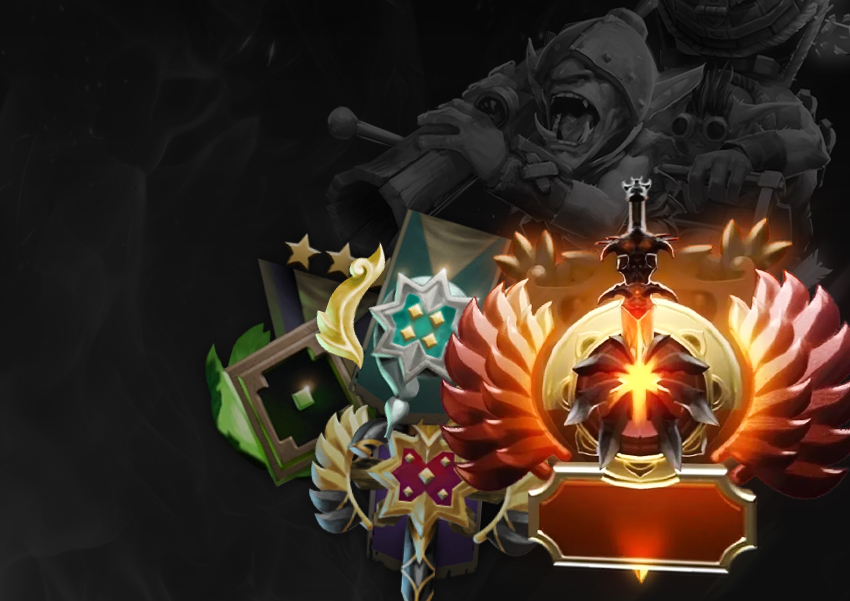
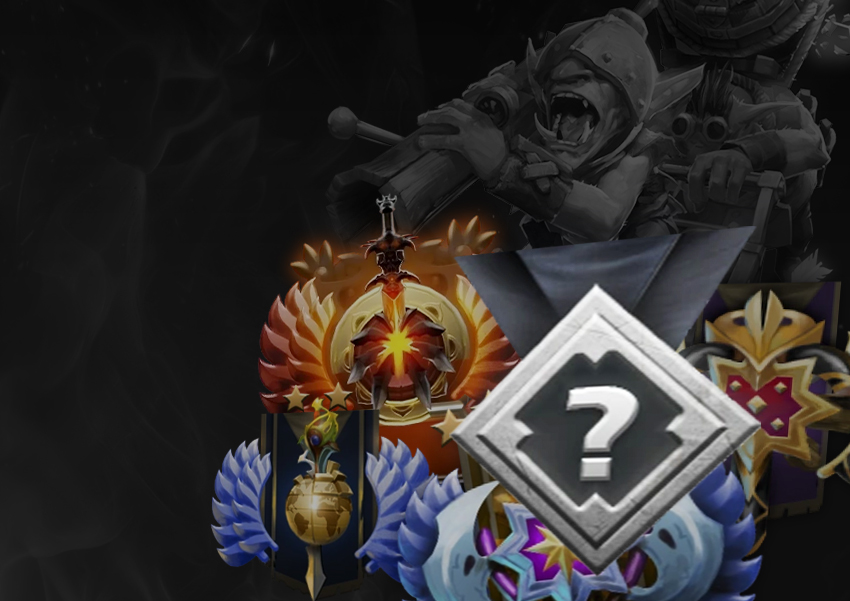
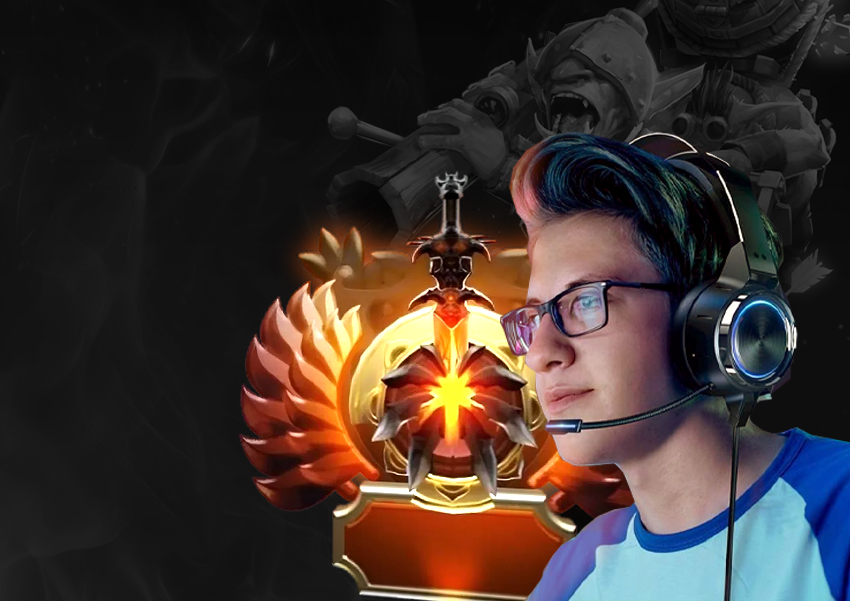
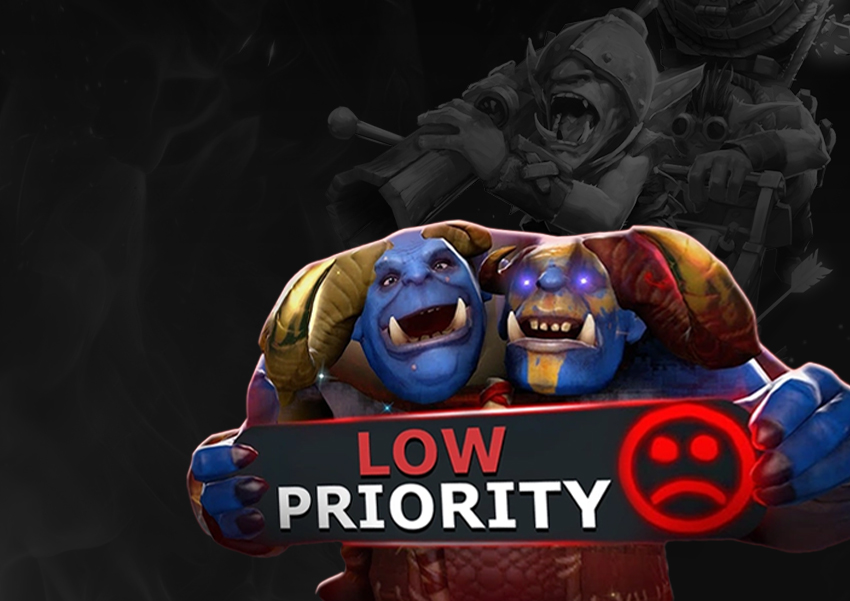
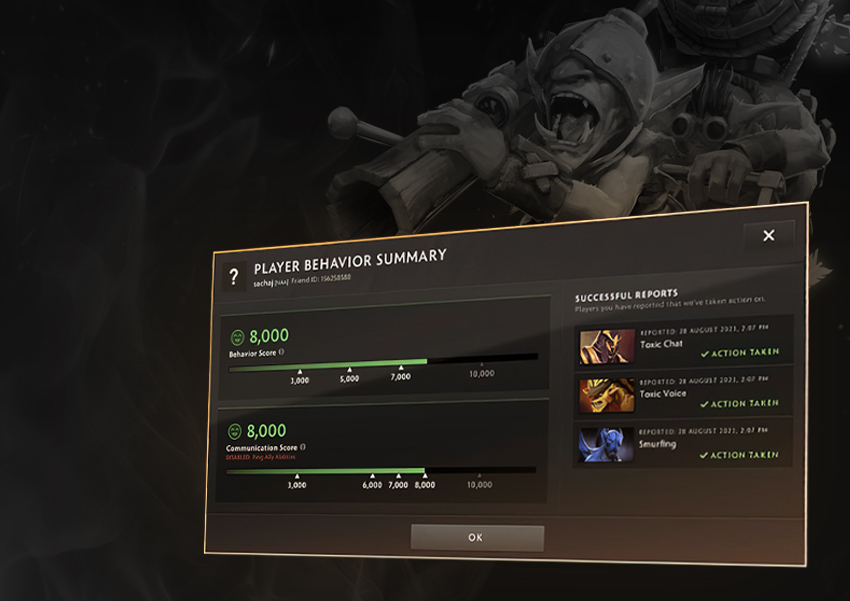
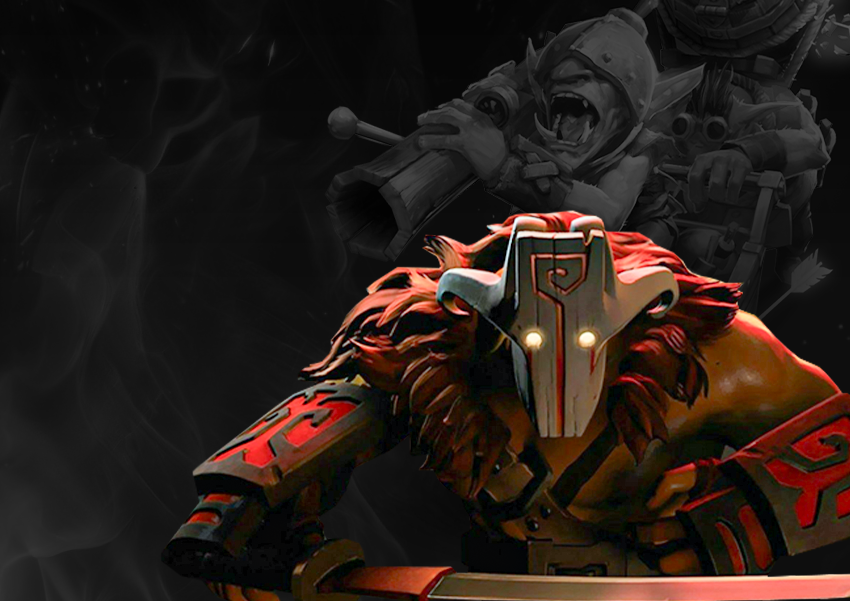
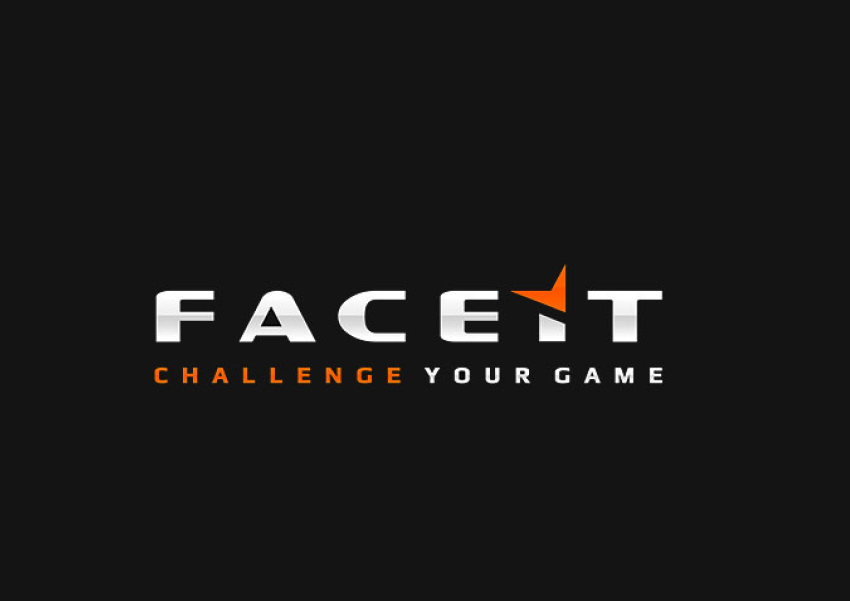
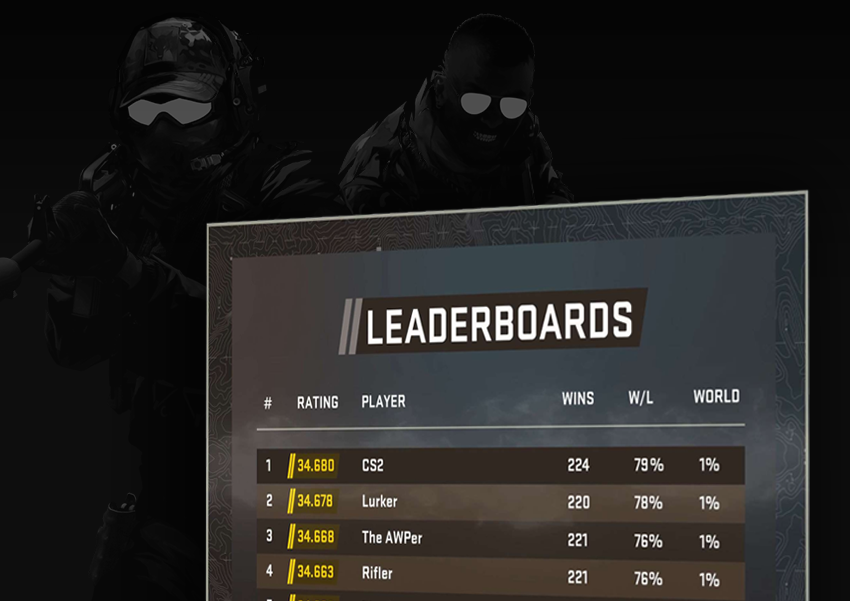
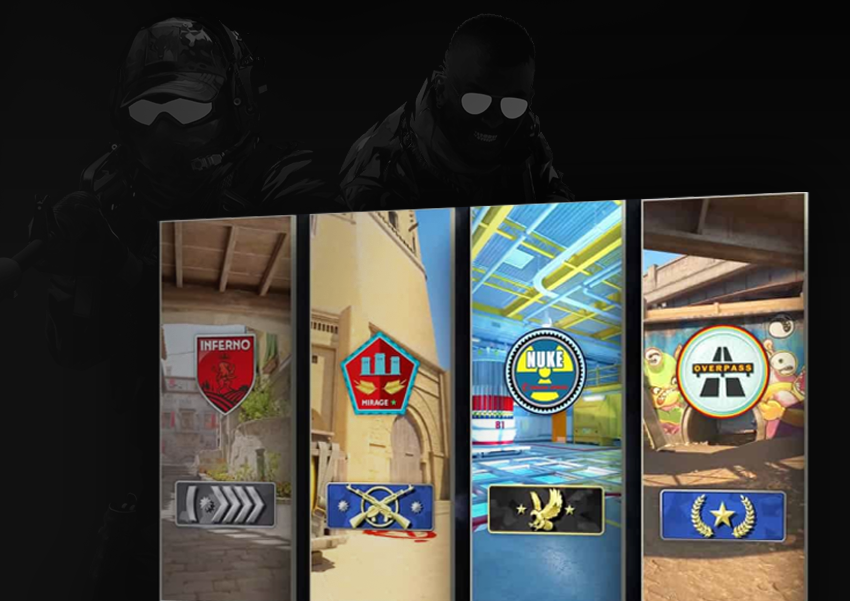
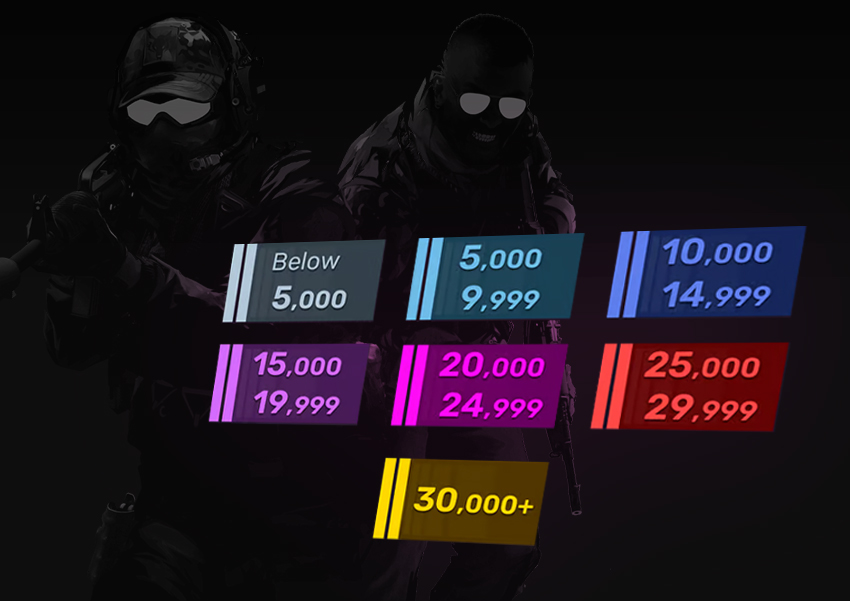
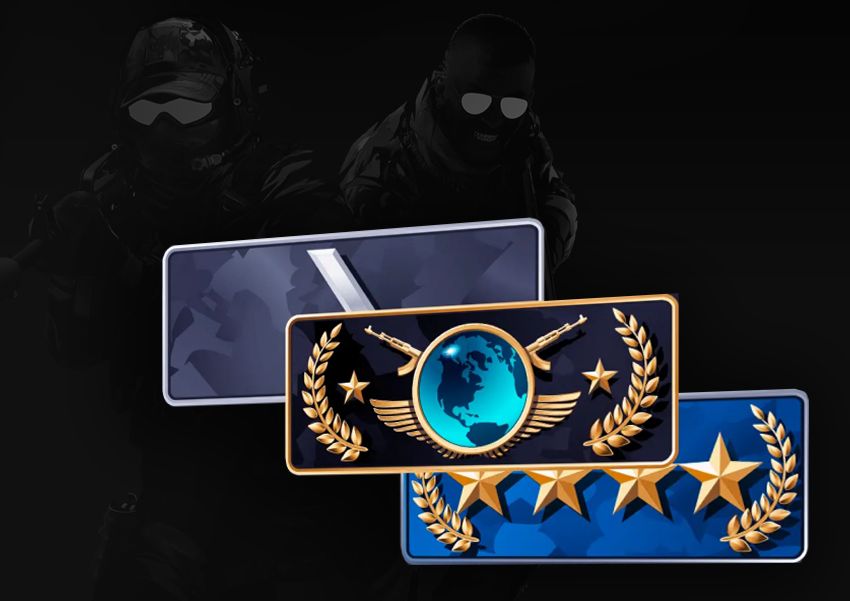
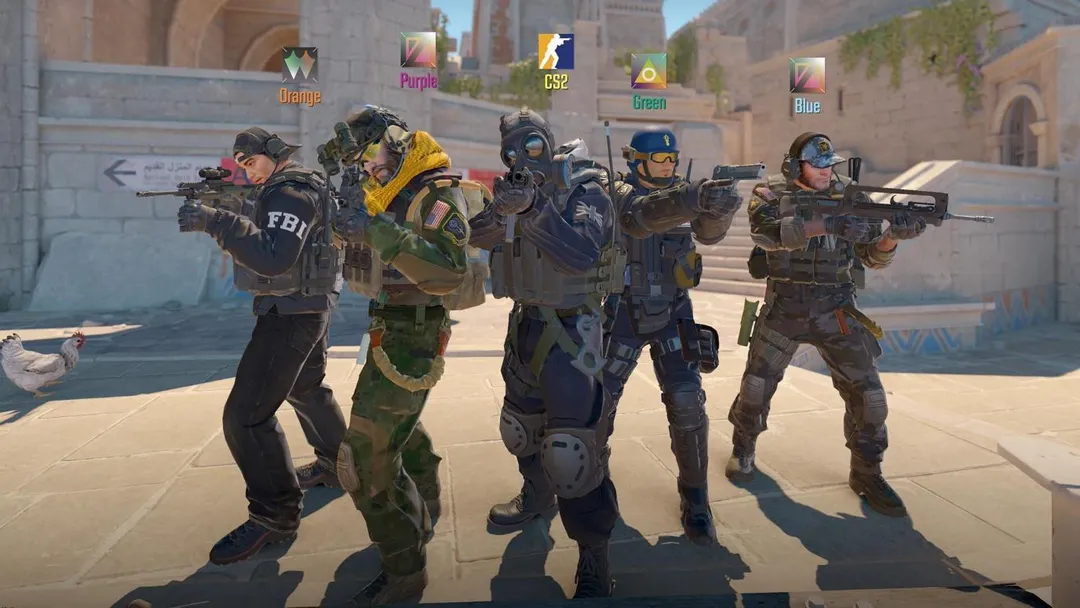




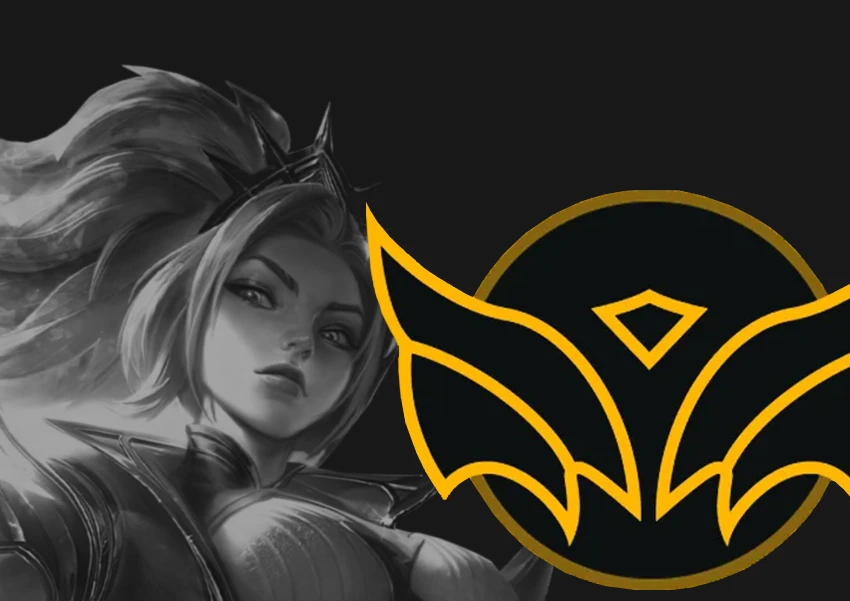
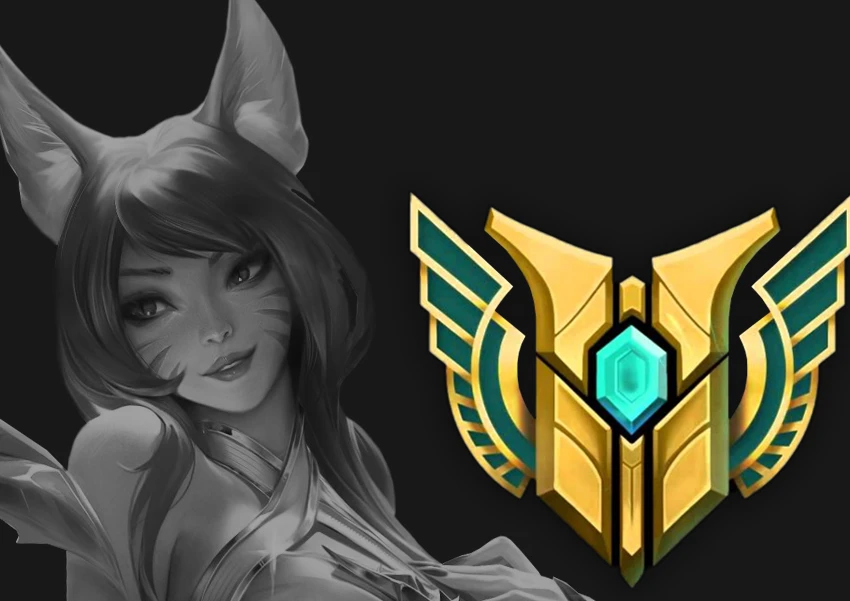
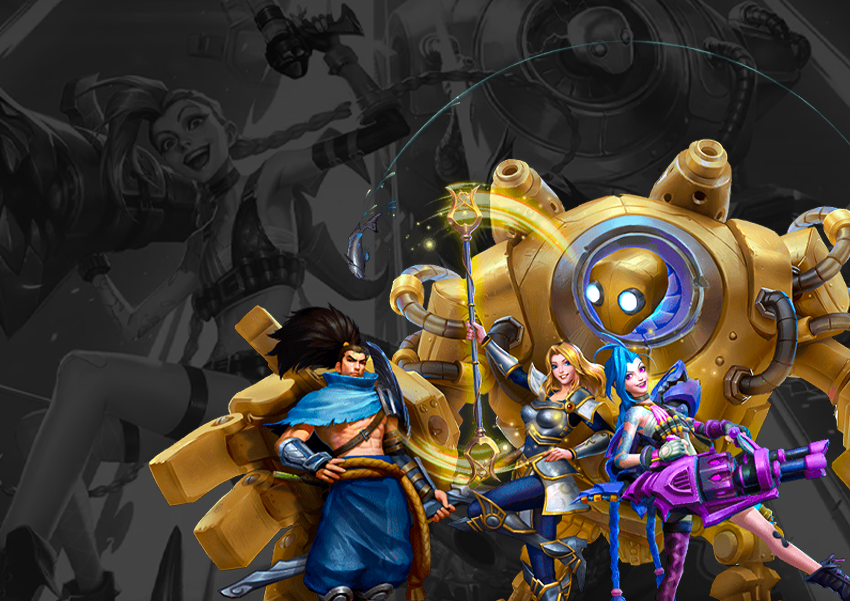
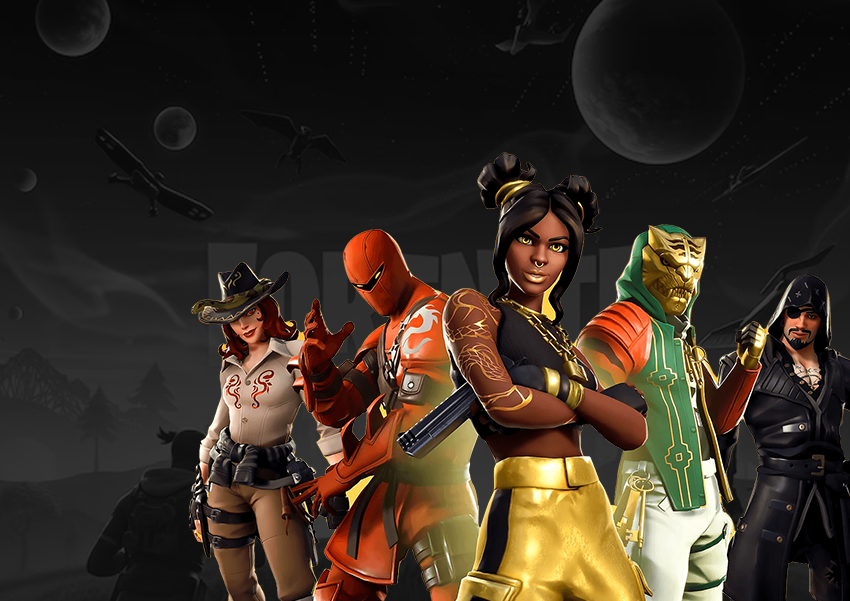



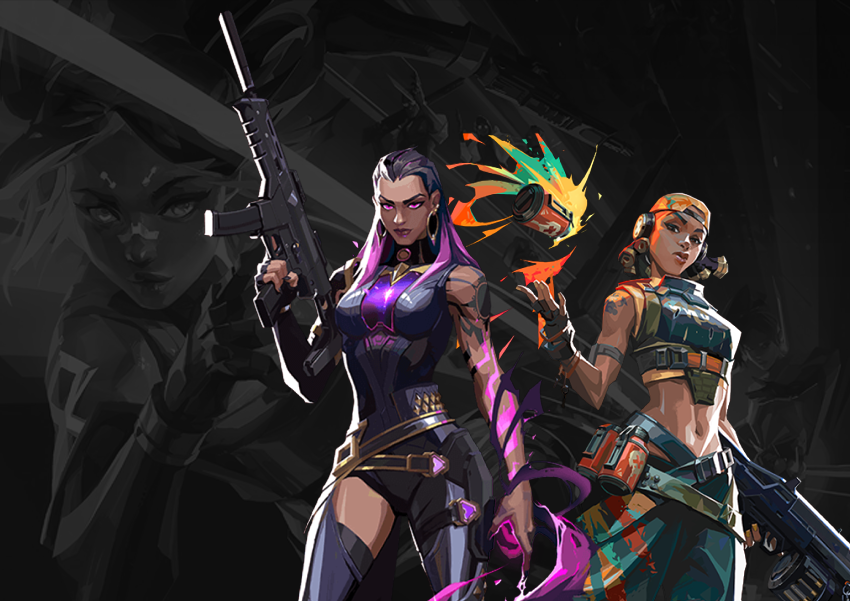
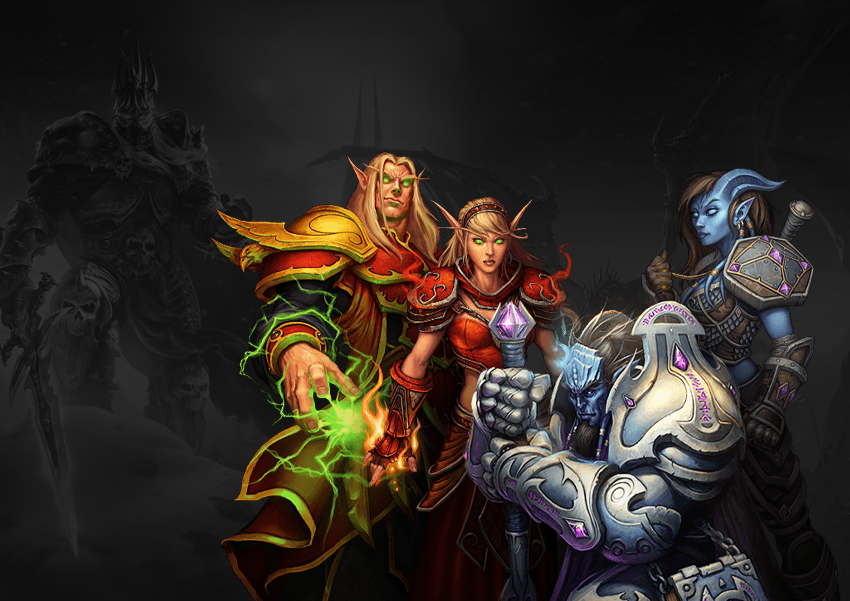

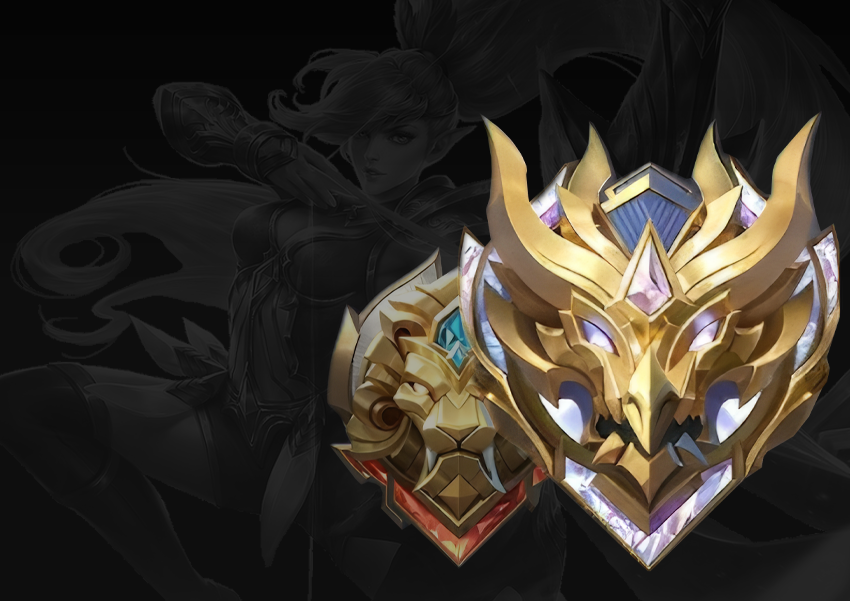
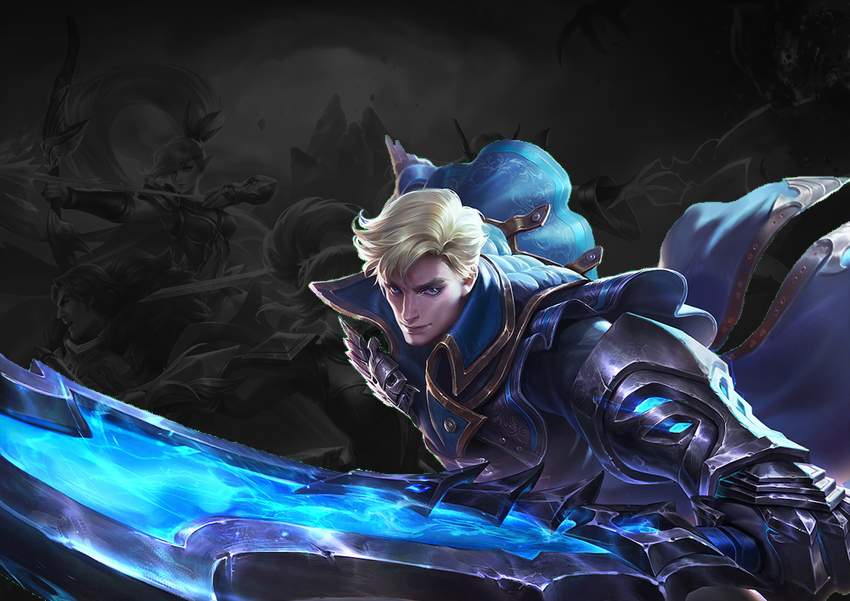
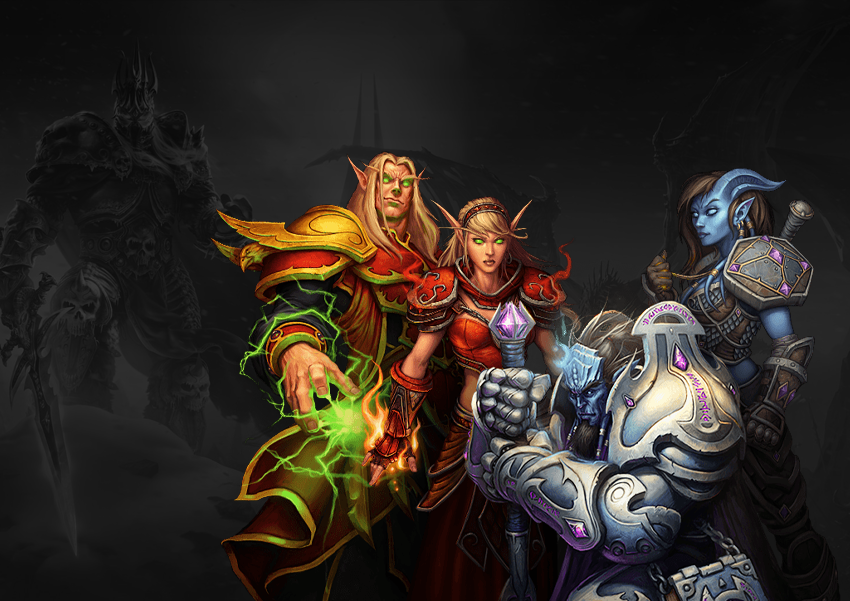

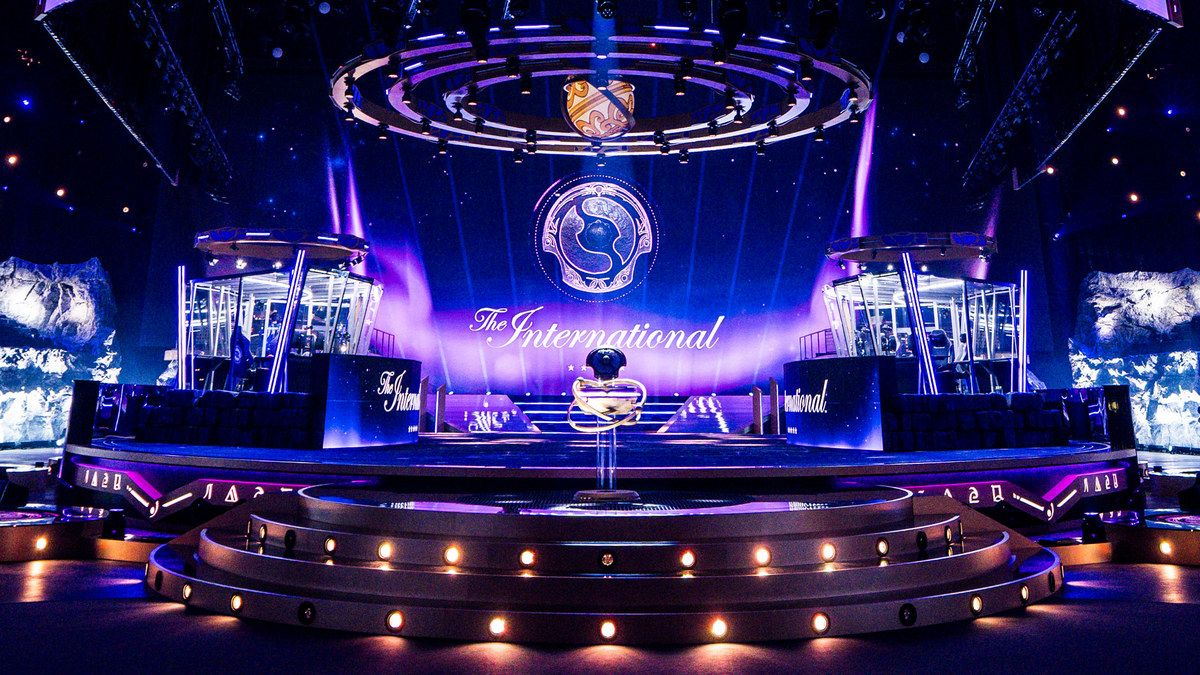
Comments on the article
Поки немає коментарів. Будьте першим!
Leave a comment